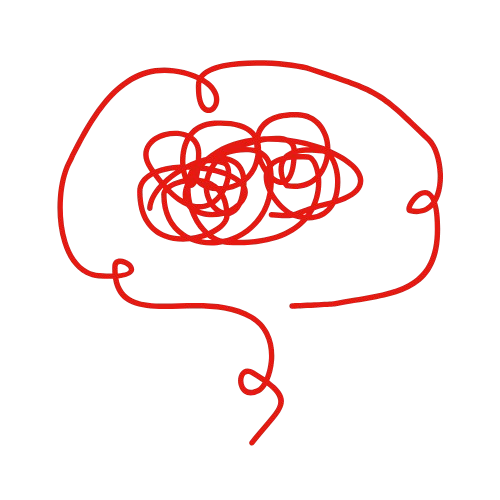- Published on
The Paradox of Familiar Strangers: Finding Connection in Anonymity
- Authors

- Name
- Mindmire
- @Md_Khokon_Mia
Previous Article
The Paradox of Familiar Strangers: Finding Connection in Anonymity
There's something strange about the people we encounter on our daily commutes, in our local cafes, or during our routine errands. These familiar strangers, whose faces become as recognizable as the decorative details of our everyday landscapes, occupy a peculiar place in the tapestry of our lives. We see them often, yet we know almost nothing about them. And yet, isn't there a sense of connection that lingers in this anonymity?
The more I think about these interactions, the more I wonder: what does it mean to share space with someone whom we never truly know? How can we feel connected to those from whom we remain perpetually separate? This paradox of familiar strangers, where anonymity fosters a unique form of companionship, invites us to explore the subtle dynamics of human connection.
On the surface, these encounters are fleeting and inconsequential. A nod exchanged with the barista who knows your order by heart, a shared smile with a fellow commuter who boards the train at the same time each morning, or the silent acknowledgment of a neighbor walking their dog. Each moment passes quickly, almost unnoticed, yet together they weave a quiet thread through our daily lives.
Philosophically, these interactions challenge our understanding of what it means to be connected. In a world that prizes deep, meaningful relationships, how do we reconcile the profound yet impersonal bonds we form with strangers? Perhaps it is precisely their anonymity that allows us to find comfort; the absence of expectation or obligation creates a space where connection can occur without the weight of personal history.
From one perspective, these relationships exist in a liminal space — neither fully present nor entirely absent. The anonymity of familiar strangers affords us a peculiar freedom to project our own narratives onto them, filling the gaps with imagination and possibility. In this way, every brief encounter becomes a canvas for our own stories, reflecting back something of ourselves.
Yet, there is a deeper mystery here. How do these anonymous connections resonate within us so deeply? Could it be that they remind us of our shared humanity, the invisible threads that tie us to the collective experience of being? In recognizing the familiar in the unknown, we may find a mirror that reflects our own existence back to us in subtle, surprising ways.
As we navigate the complexity of these paradoxical relationships, we are reminded of the beauty in uncertainty and the richness found in the spaces between knowing and unknowing. It is within these moments that we glimpse the extraordinary within the ordinary, where the mundane becomes a doorway to deeper understanding.
And so, I invite you to reflect on the familiar strangers in your own life. What stories do their faces hold for you? How do these anonymous connections shape your experience of the world? In acknowledging the paradoxes they present, we may uncover new ways of seeing and being, finding connection not in spite of anonymity, but because of it.
In the end, perhaps the true gift of familiar strangers lies not in what we know of them, but in what they teach us about ourselves. What do we see when we look into the eyes of the unknown? And how might this shape the way we connect with the world around us?